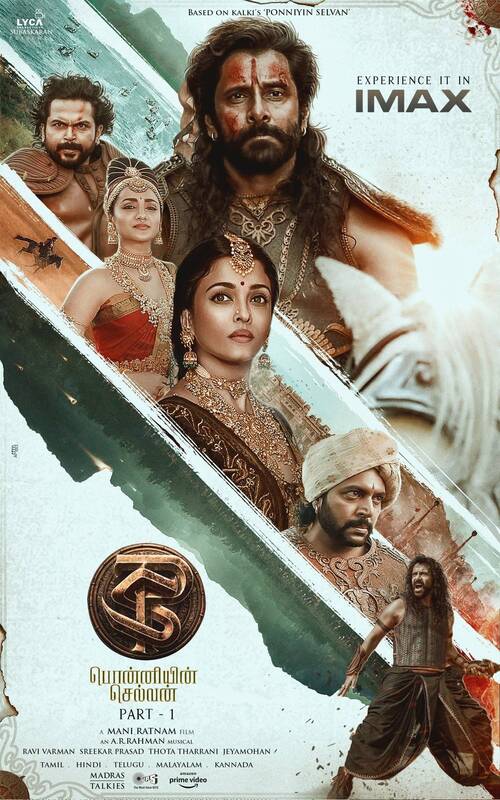Is the political drama unfolding in India akin to a grand cinematic spectacle? Prime Minister Narendra Modi recently remarked that Congress leaders and their announcements are all filmy. This bold statement has sparked widespread discussion, drawing parallels between the dramatic flair of Bollywood cinema and the theatrical nature of political discourse. The comparison is not merely coincidental; it highlights how political narratives often mirror the larger-than-life world of Indian cinema.
The term filmy carries significant weight in the context of Indian culture, where films play an integral role in shaping public imagination and perception. When Modi referenced Kamal Nath's controversial tear clothes remark, he underscored the idea that certain political statements can appear more suited for a movie script than genuine policy discussions. This observation resonates with many citizens who feel disillusioned by what they perceive as performative politics rather than substantive action. Such rhetoric, whether deliberate or incidental, blurs the line between reality and entertainment, leaving voters questioning the authenticity of political leadership.
| Bio Data & Personal Information | Career & Professional Information |
|---|---|
| Name: Narendra Damodardas Modi Date of Birth: September 17, 1950 Place of Birth: Vadnagar, Gujarat, India Education: MA in Political Science (Gujarat University) Family: Married to Jashodaben Chimanlal Modi (separated) |
Political Affiliation: Bharatiya Janata Party (BJP) Current Position: Prime Minister of India (since May 26, 2014) Previous Roles: Chief Minister of Gujarat (2001–2014) Awards: Padma Vibhushan (2019), Seoul Peace Prize (2018) Reference: Official PMO Website |
Meanwhile, the digital landscape continues to evolve, offering new platforms for both entertainment and information dissemination. Websites like Filmyfly have emerged as hubs for accessing the latest Bollywood releases, including titles such as Jawan and Pushpa 2. These platforms cater to audiences seeking instant access to movies, providing download links and streaming options. However, the proliferation of unauthorized content raises concerns about copyright infringement and intellectual property rights. As technology advances, striking a balance between accessibility and legal compliance remains a pressing challenge.
In recent years, the trend of South Indian films being dubbed into Hindi has gained momentum, expanding their reach across linguistic barriers. Movies like Iratta and Uppena, available on platforms like Filmy4Wap, exemplify this growing phenomenon. The dual audio format allows viewers from diverse regions to enjoy regional cinema without language constraints. While this development fosters cultural exchange and promotes inclusivity, it also underscores the need for robust mechanisms to protect creators' rights and ensure fair compensation.
The intersection of politics and entertainment extends beyond mere rhetoric. Just as filmmakers craft narratives to captivate audiences, politicians employ storytelling techniques to engage voters. In doing so, they often draw inspiration from popular culture, incorporating elements that resonate emotionally with the masses. For instance, the use of cinematic metaphors in speeches or campaign slogans serves to simplify complex issues and create memorable impressions. This approach leverages the universal appeal of movies to bridge gaps in understanding and foster connections with constituents.
However, the analogy between politics and cinema should not overshadow the importance of accountability and transparency. While theatrics may enhance engagement, they must be grounded in truth and integrity. Voters deserve clarity and consistency from their leaders, free from exaggerated claims or misleading promises. By prioritizing substance over style, political figures can restore trust and credibility in governance. Ultimately, the goal is to strike a harmonious balance between effective communication and ethical responsibility.
As the nation navigates its political journey, the lessons drawn from the world of cinema offer valuable insights. Both realms thrive on creativity, innovation, and the ability to inspire change. Whether through legislative reforms or artistic expression, the pursuit of progress demands vision, perseverance, and collaboration. By embracing these principles, India can continue to advance on its path toward prosperity and development, ensuring that every citizen plays a vital role in shaping the nation's future.
.jpg)
.jpg)


.jpg)